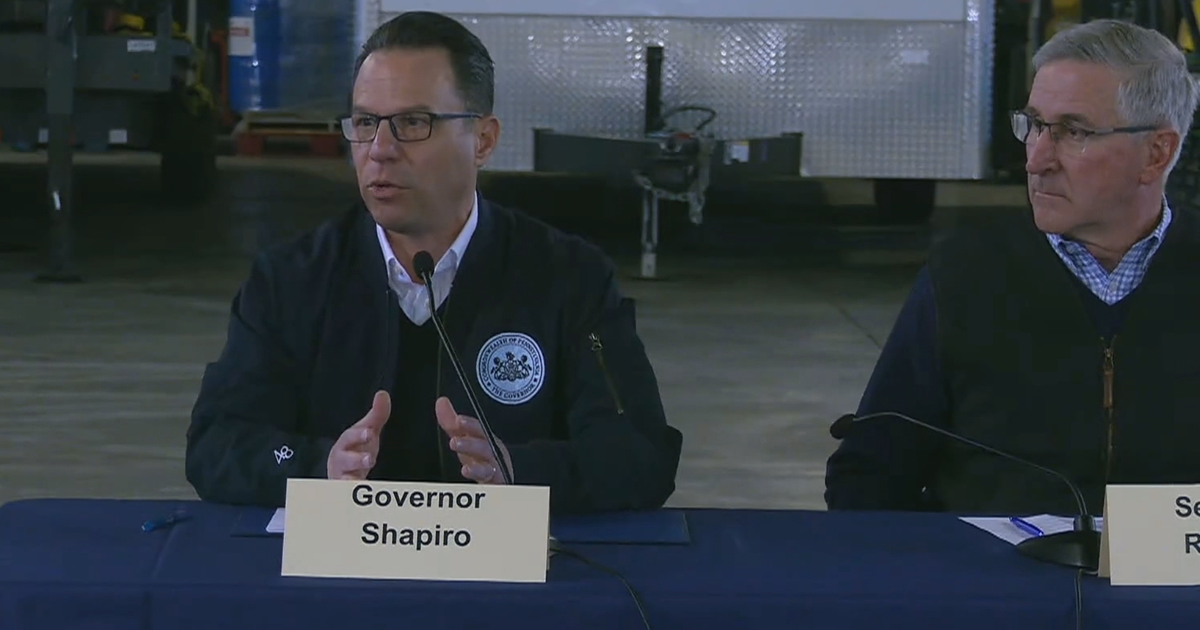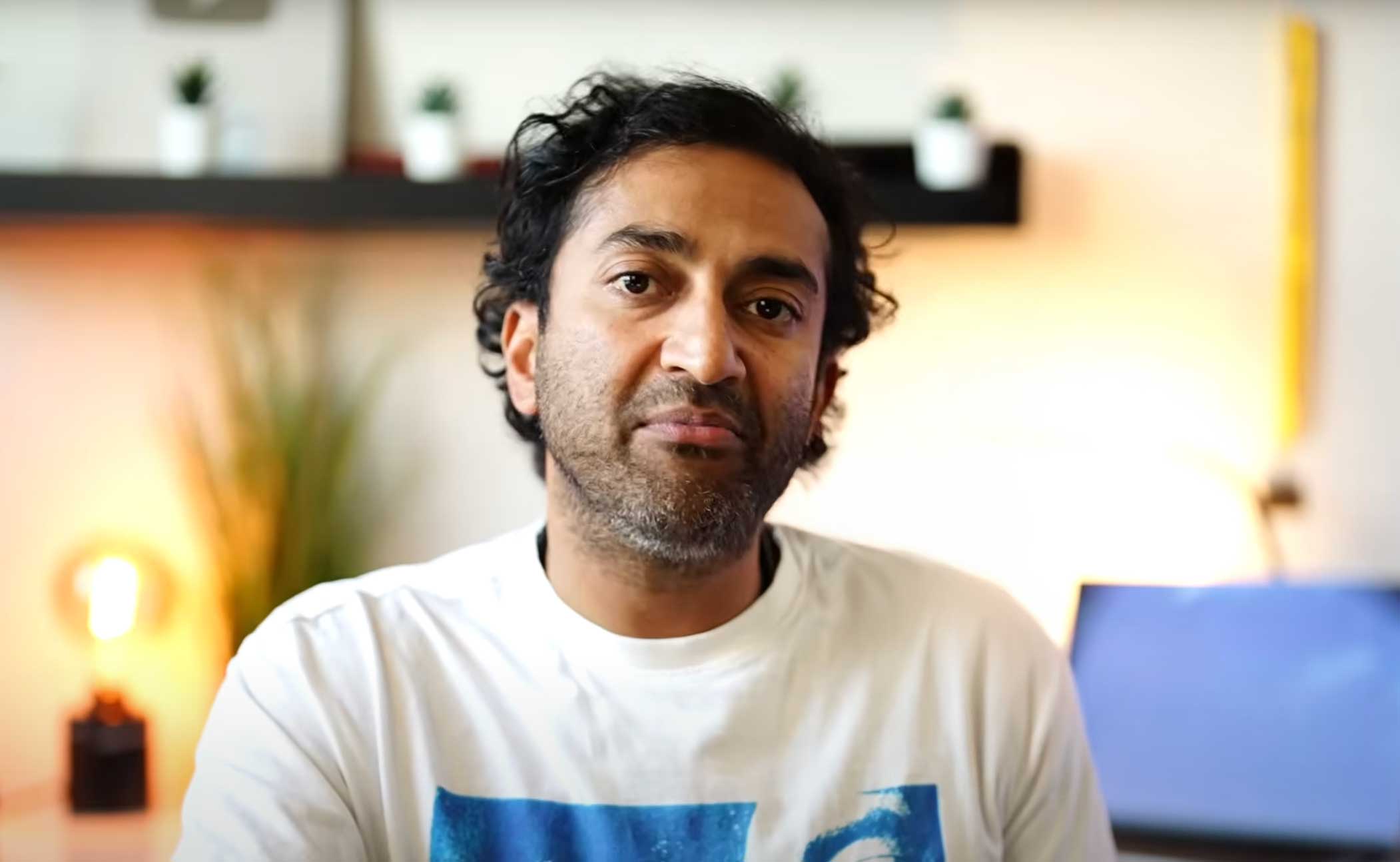Measles outbreak fueled by anti-vaccination movement, infectious disease expert says
A growing measles outbreak in the Pacific Northwest has sickened dozens and is spreading fears among many parents. The outbreak has infected at least 36 people in Oregon and Washington since the first of the year, and the governor of Washington has declared a state of emergency. Two cases have also been reported in Hawaii, in children who traveled there from Washington state.
New York state is also facing its worst outbreak in decades, with more than 200 cases of measles. In one ultra-Orthodox Jewish community in Brooklyn, where many parents shun vaccines, 62 children have contracted the disease.
Public health officials say these outbreaks underscore the importance of vaccination — and the real-world risks posed by the anti-vaccine movement. Almost all of those who got sick had not been vaccinated.
"These outbreaks are due to the anti-vaccine movement," Dr. Anthony Fauci, director of the National Institute of Allergy and Infectious Disease, told CBSN AM.
He stressed that the vaccine has been scientifically proven over many years to be safe and effective in preventing measles. However, some parents still refuse to vaccinate their kids.
Abigail Eckhart is one of them. She is refusing to vaccinate her youngest son because she said her middle child suffered severe reactions.
"If I could go back, I wouldn't have vaccinated any of my kids," Eckhart said.
Dr. Fauci said that while parents like Eckhart should not be denigrated for having concerns for their children, science has proven again and again that vaccines are not dangerous, but in fact are life-saving.
"The overwhelming scientific evidence over many years and decades indicate that the vaccine, particularly the measles vaccine is very safe," he said.
Claims about health risks from vaccines are "based purely on fabrication," he continued. "That's been proven. There is no association whatsoever between the measles vaccine and autism."
The mistaken belief in a connection can be traced back to 1998, when a doctor in the U.K. published a now discredited study claiming the measles, mumps and rubella (MMR) vaccine was linked to autism. His research was found to be based on fraudulent data, the study was retracted, and the doctor lost his medical license. However, the claim spread fear among parents, leading to a small but vocal faction that makes up the current anti-vax movement.
Fauci says the latest outbreaks in the Pacific Northwest and New York, as well as ones in recent years such as the 2015 Disneyland outbreak, are a direct result of this anti-vaccine movement.
"When you get below a certain level of vaccination in the community, that's how you get outbreaks," he said. "That's been scientifically proven year after year."
Vaccination rates of 90 to 95 percent are needed to provide "herd immunity," which helps protect babies who are too young to be vaccinated and others who can't get the vaccine for medical reasons.
The measles virus is extremely contagious. It spreads through the air and lingers for hours. If one sick child coughs in a room and leaves, another unvaccinated person has a 90 percent chance of catching the illness.
"Measles is not a trivial disease," Fauci warns. "When measles was rampant before the vaccines were available, it was one of the most devastating diseases globally and in the United States. Prior to the 1960's when the vaccine was introduced there were a couple million cases of measles and 400 to 500 deaths a year, thousands and thousands of hospitalizations and a thousand cases of encephalitis [inflammation of the brain]."
Currently, 18 states, including Washington and Oregon, allow parents to decide not to vaccinate their children due to moral, personal, or other beliefs. Washington state has introduced legislation that would no longer allow a personal exemption, but that is in the early stages.
Fauci says stricter laws regarding vaccine exemptions could help prevent further outbreaks.
"There's a category called philosophical reasons not to get vaccinated and that particular category has been abused," he said. "So I'm in favor of states or cities making regulations that require a more strict interpretation of the exemptions that one has to not get vaccinated."



